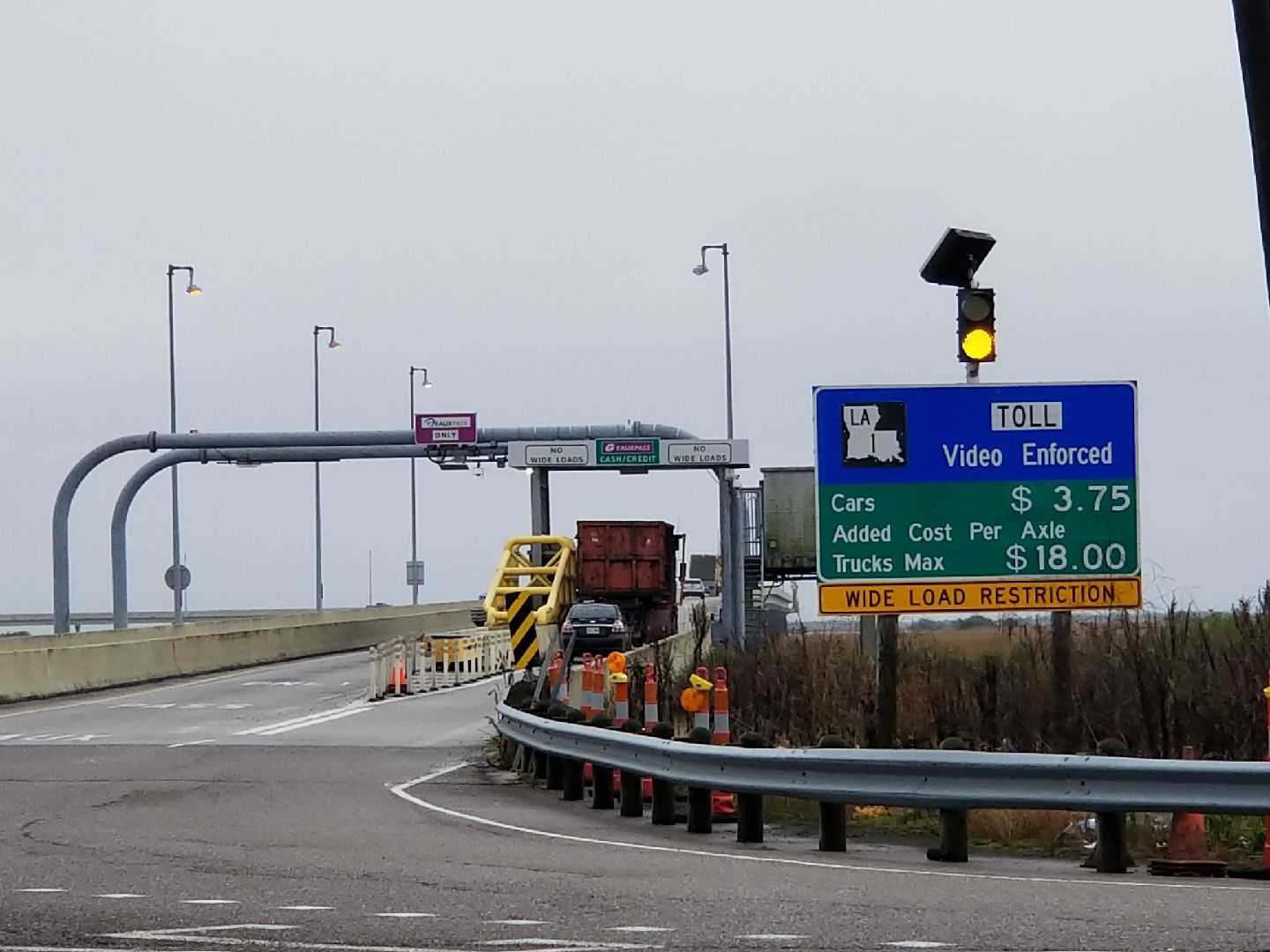
Toll increases on Leeville Bridge
January 3, 2018No resolutions – well, sort of
January 3, 2018A new year brings new opportunities for communities in the bayou region to assess where they are going and where they wish to go, what policies they wish to continue and which may need to jettison. Self-evaluation is always beneficial, but the new year gives an extra-special opportunity to see if the directions we are headed are actually where we wish to end up.
2018 brings particular challenges with it but also opportunities for positive change.
Certain policies and practices are already well-handled and are moving forward in a good way, and it is our hope that local governments will continue the good work they have done.
Drainage and flood protection in particular are where our local governments have mostly excelled. Big change came to our entire state last year in the courts and other areas of criminal justice. But there is more that can be accomplished.
While the threat of water continues and shall continue, we face other threats that have not been addressed with the same sense of urgency, and in particular by those best equipped to do so.
Terrebonne and Lafourche, like communities all over the nation, are suffering the effects of unbridled, untreated drug addiction and the side-effects that it brings. Communities must start proactively planning how they want government to address the issue, which has resulted in scores of unncessary and tragic deaths. We issue a caution here, however. While the nation is specifically focused on the effect of opiods, it appears that the greatest “sympathy” for users is reserved for those who find themselves in this situation. National studies show that while opioids are part of the national epidemic, other illegal drugs are causing their own kind of heartbreak, particularly in minority communities. Resources must be directed to addressing all forms of addiction and addicts.
Addiction as a disease does not differentiate between specific substances. All of these things that result in its heartbreak are equally placed whether the substance is heroin, methamphetamine, cocaine or hydrocodone.
Our communities have drug courts, which are a good start. But the need to address addiction must be taken up by the local medical establishment without waiting for the state of Louisiana or the federal government to make their next bureaucratic moves.
Each parish council has a direct link to the appointed boards that operate their respectie hospital service districts. We have seen these districts produce miraculous results with additions of services that meet great community needs. A shining example is the Fitness Center at Thibodaux Regional Medical Center.
Diabetes and heart disease — both big health risks in our communities — are addressed by the Fitness Center’s programs. This is how it should be. Identify a need and a risk. Find a way to save lives, whether through prevention or direct treatment.
Between Terrebonne and Lafourche parishes deaths due to overdose are near 100 for the calendar year combined. The heartbreak that extends throughout families spiderwebs into far greater geography than where the particular addict is located. Multiple hospitalizations for addicts drain other resources. The fallout in terms of criminal justice system involvement adds cost exponentially.
Dealing with the legal aspects of addiction is the job of law enforcement and the judiciary. The medical aspects are the responsibility of medicine and therefore medical people.
Our hopsital service boards must begin public and fervent discussion of how they will approach the local need for addiction services within their institutions. The prospect is not attractive on one hand, and the treatment of addiction is not a bright and shiny community resource like a fitness center or a sports medicine resource.
But if people are to be kept from dying it is necessary.
The record shows clearly that drug addiction does not know or respect social, financial or class boundaries. Illegal drugs are equal opportunity killers.
We look forward to seeing how great local minds can come together in a way that will save lives and enhance the quality of life in our communities overall as regards drug addiction. We look forward even more to hearing what readers wish to say about it.






